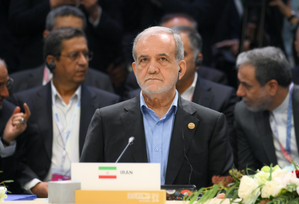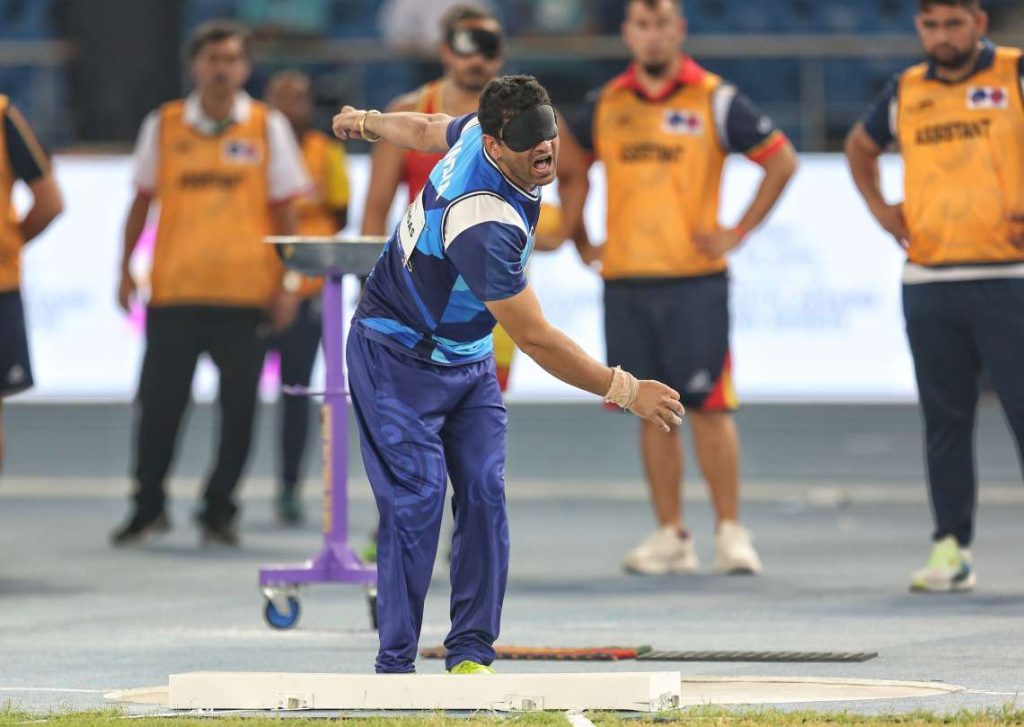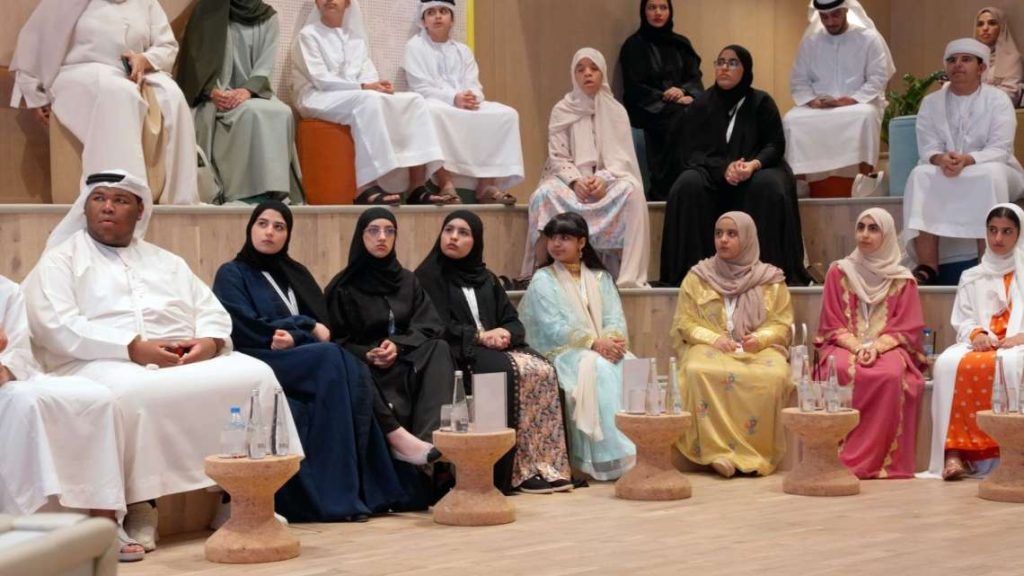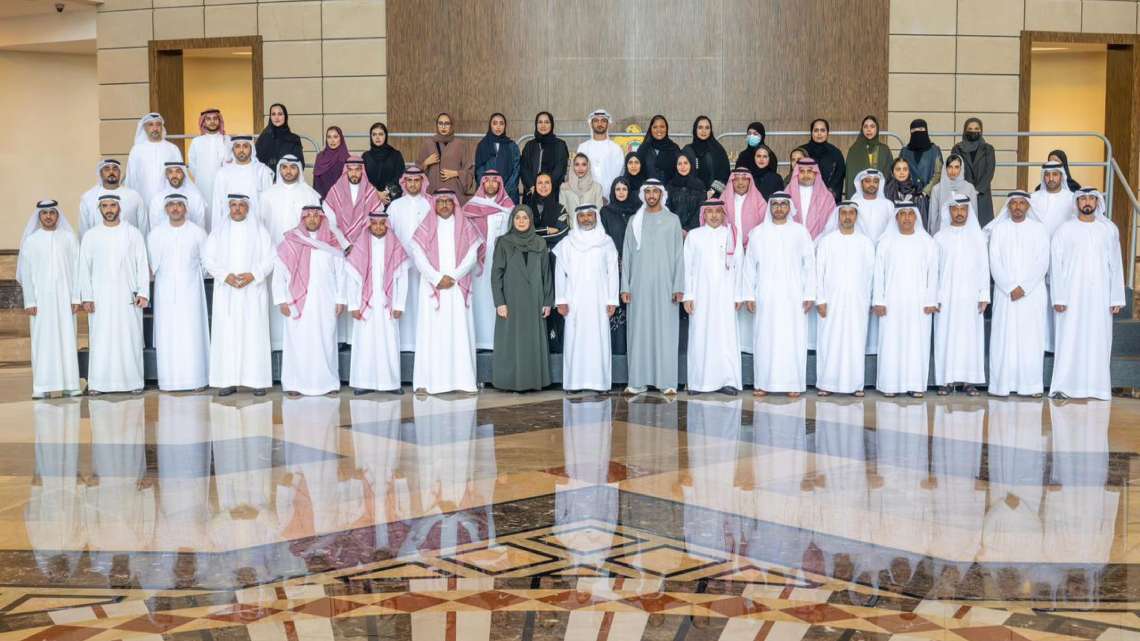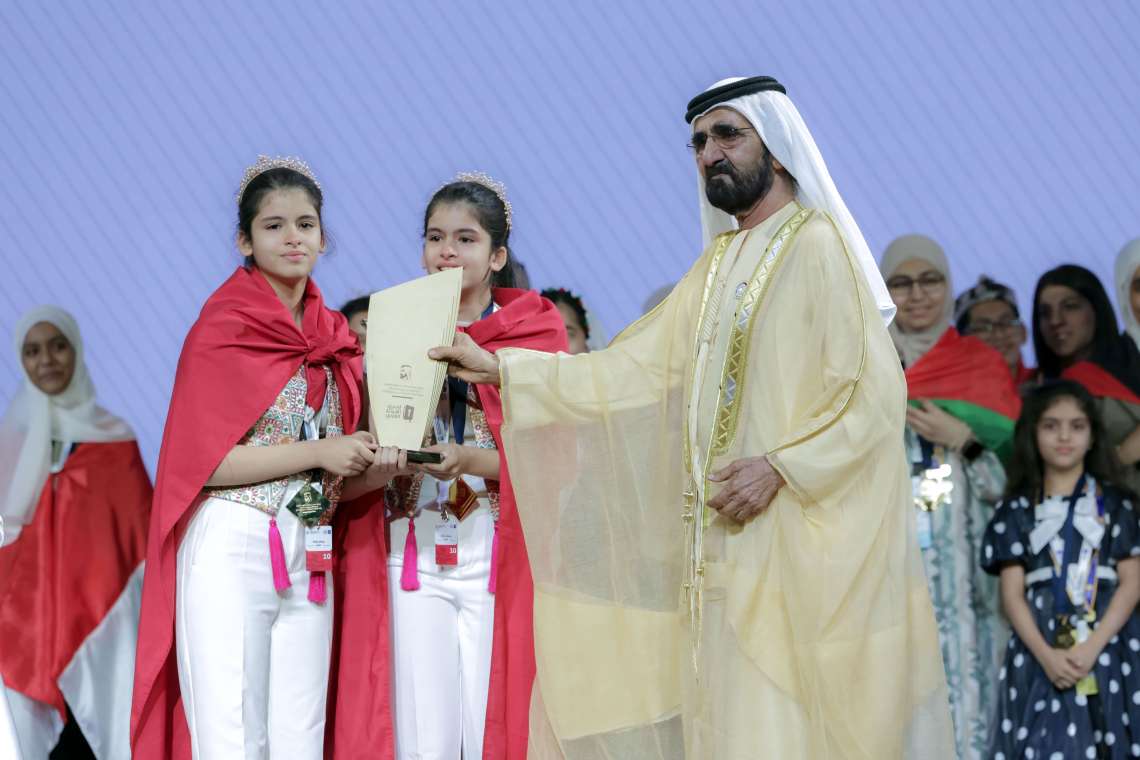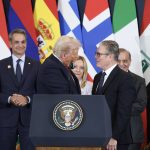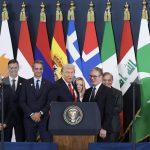London triggers snapback mechanism with France and Germany, restoring strict UN measures targeting Tehran’s nuclear and missile programmes…reports Asian Lite News
The United Kingdom has reinstated sweeping United Nations sanctions on Iran, joining its European allies in a decisive move to punish Tehran for persistent breaches of the 2015 nuclear agreement. The sanctions, which came into effect following the conclusion of the UN’s “snapback” process, mark one of the most significant diplomatic escalations between the West and Iran in recent years.
On 28 August, the foreign ministers of Britain, France and Germany — collectively known as the E3 — formally notified the UN Security Council of Iran’s “significant non-performance” under the Joint Comprehensive Plan of Action (JCPoA), the landmark deal struck to curtail Iran’s nuclear activities in exchange for sanctions relief. That notification set in motion the mechanism to restore sanctions that had been lifted as part of the agreement.
The process culminated on 28 September, when six UN Security Council resolutions targeting Iran’s nuclear and missile-related activities were reinstated. On Thursday, the UK confirmed the reapplication of those measures, including 121 designations of individuals and entities accused of driving Iran’s nuclear and ballistic missile ambitions.
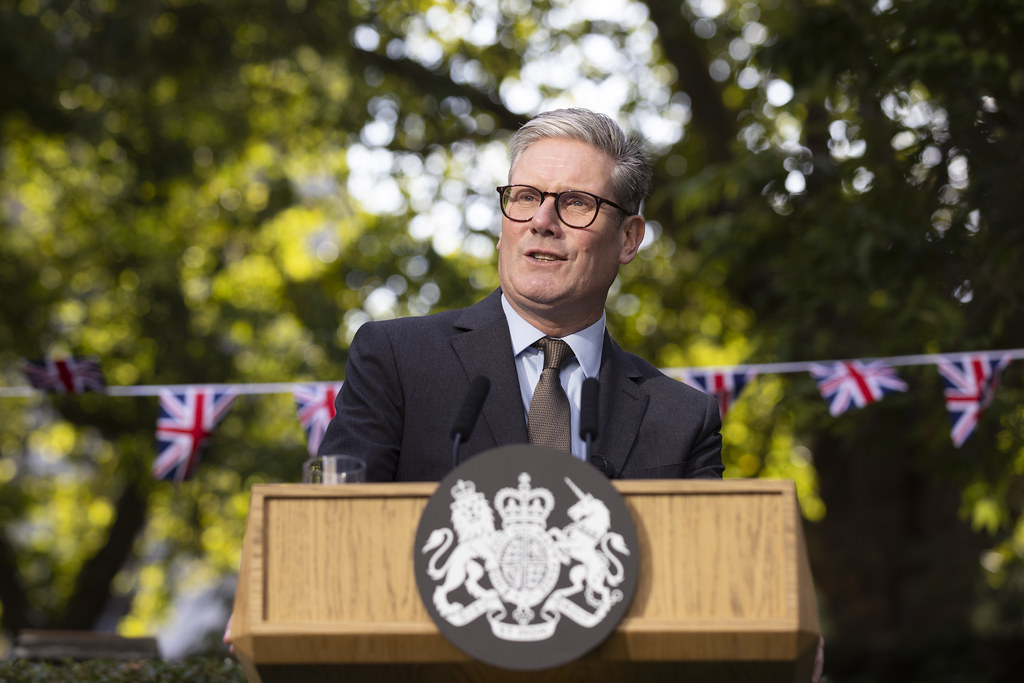
The restored sanctions impose wide-ranging restrictions. These include a complete UN embargo on the transfer of conventional arms to and from Iran; a prohibition on supplying items, technology or equipment that could contribute to uranium enrichment or nuclear weapon delivery systems; and sweeping financial and trade measures aimed at Tehran’s nuclear and missile infrastructure.
A Foreign Office spokesperson said the UK had acted in concert with France and Germany to “hold Iran to account” for systematically breaching its commitments. “Iran has chosen to expand its nuclear programme in ways that have no credible civilian justification,” the spokesperson said. “The international community cannot stand by while Tehran advances towards capabilities that threaten global security.”
Thursday’s announcement builds on the UK’s separate action last week, when it imposed sanctions on more than 70 Iranian individuals and organisations linked to the nuclear programme. Together, these steps underline a renewed Western determination to curtail Iran’s nuclear trajectory after years of faltering diplomacy.
Among those targeted in the newly reinstated sanctions are senior Iranian military commanders, nuclear scientists, defence conglomerates and state-linked banks. The Atomic Energy Organisation of Iran, Brigadier General Mohammad Hejazi, Bank Sepah, the Defence Industries Organisation and the Shahid Hemmat Industrial Group are among dozens of prominent names. Other designations include shipping firms such as IRISL Benelux NV and aviation companies linked to missile development.
The list reflects a broad attempt to choke off Iran’s ability to finance, procure and develop nuclear-related technologies. Western intelligence assessments have long warned that Tehran has continued to enrich uranium far beyond levels permitted under the JCPoA, while expanding ballistic missile research and development.
The decision to reimpose sanctions comes at a time of mounting tension in the Gulf and increasing friction between Iran and Western powers. Washington, though no longer part of the JCPoA after Donald Trump’s 2018 withdrawal, has backed the E3’s moves, with US officials signalling further unilateral sanctions of their own. Meanwhile, Tehran has condemned the snapback as “illegal and politically motivated”, insisting its nuclear activities remain peaceful.
The snapback mechanism itself is controversial, with Russia and China opposing its use and arguing that Western states forfeited their right to trigger it after the US abandoned the JCPoA. Nevertheless, Britain, France and Germany pressed ahead, citing Iran’s continued enrichment and the lack of meaningful cooperation with the International Atomic Energy Agency (IAEA).
Analysts said the reimposition of sanctions underlines the death knell of the JCPoA, which had been on life support since Washington’s withdrawal. “This is the formal burial of the nuclear deal,” said Dr Sanam Vakil of Chatham House. “The E3 are signalling they no longer believe Iran has any intention of coming back into compliance, and they are now aligning themselves more closely with Washington’s maximum pressure campaign.”
For the UK government, the move carries both strategic and domestic resonance. Ministers have emphasised Britain’s commitment to preventing nuclear proliferation while also signalling solidarity with allies at a time of heightened global instability. The decision also comes amid a broader reassessment of foreign policy priorities, with London seeking to demonstrate assertiveness on the world stage after years of perceived drift.
Whether the sanctions will succeed in altering Tehran’s behaviour remains uncertain. Iran has historically used such measures as a rallying point for domestic unity, and its leadership has proven adept at circumventing restrictions through clandestine networks. Yet Western officials argue that the economic pain inflicted by UN-backed measures will further squeeze Iran’s already fragile economy.
For now, the snapback marks a rare moment of unity between the UK, France and Germany, whose diplomatic coordination has sometimes faltered in the face of Iranian intransigence. With the UN sanctions back in force, Tehran finds itself more isolated than at any point since the nuclear deal was struck a decade ago — a signal, Western diplomats say, that patience with Iran’s defiance has finally run out.

